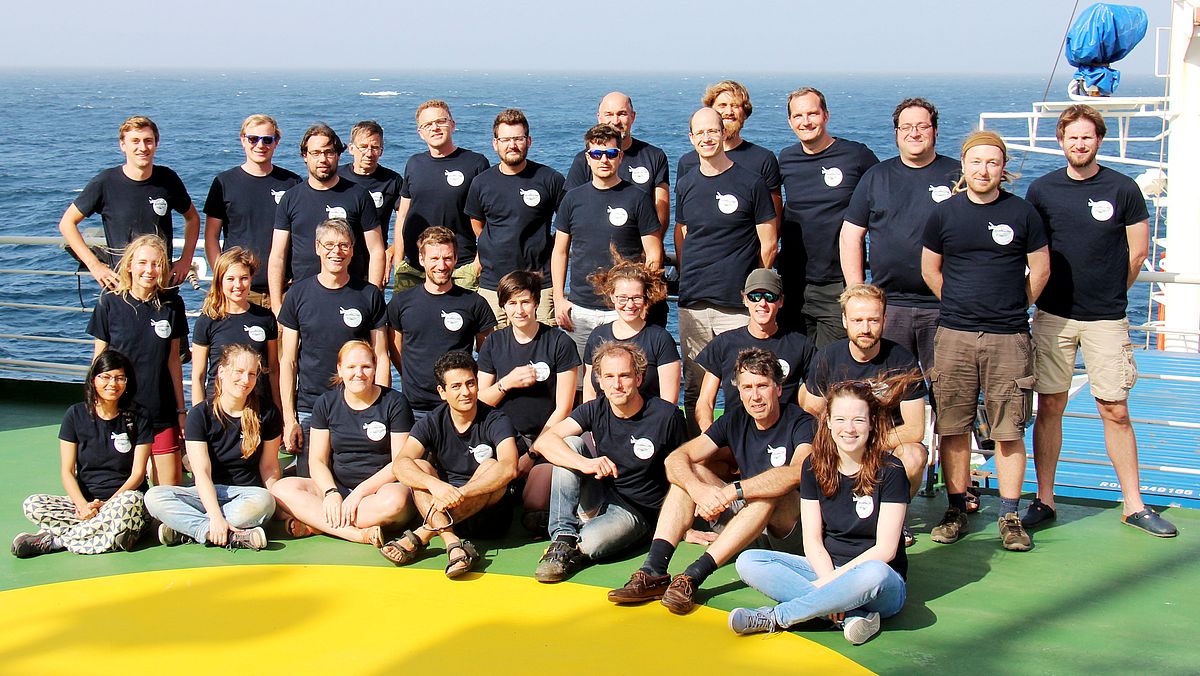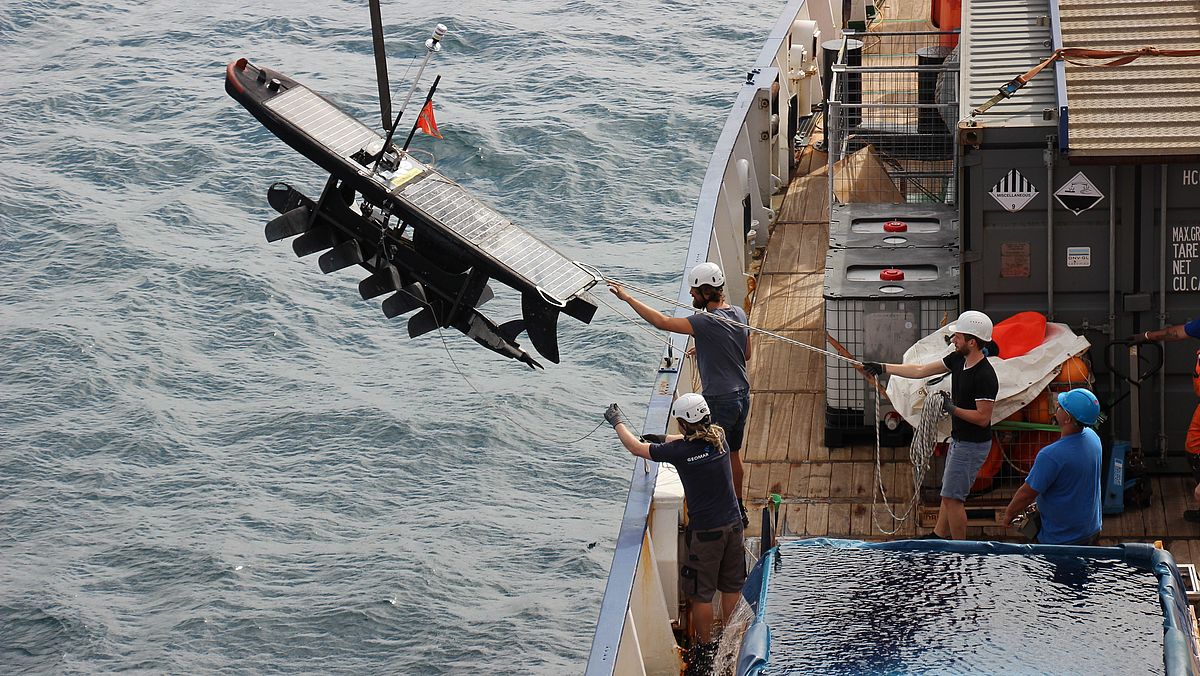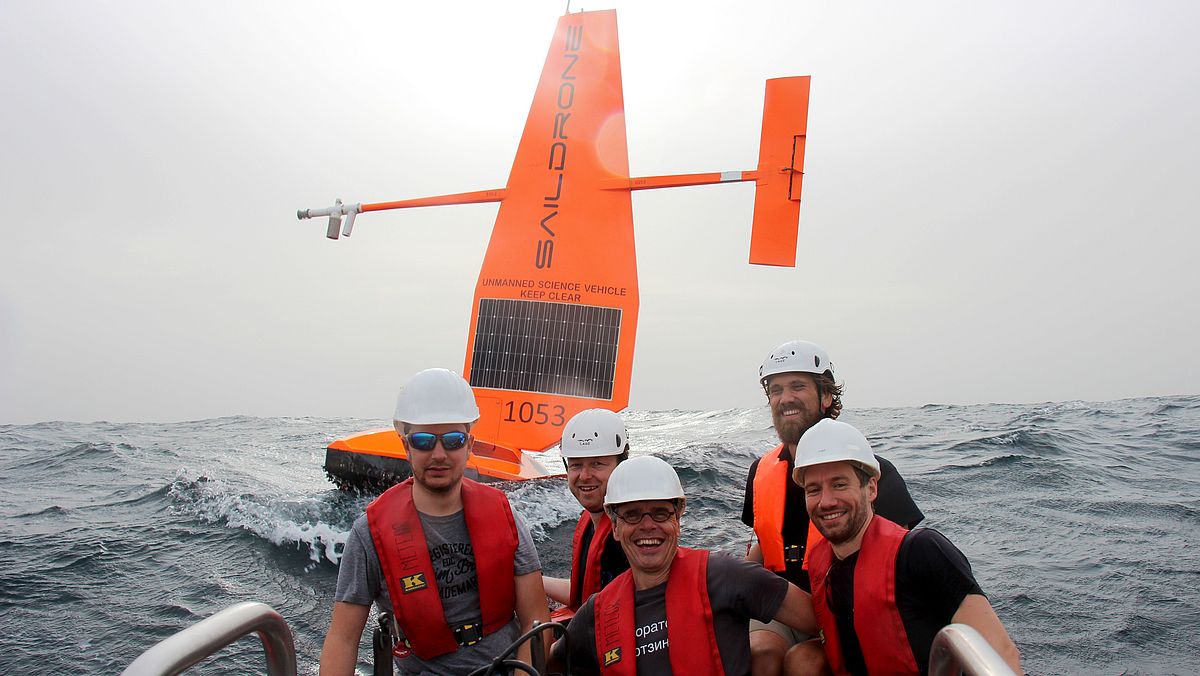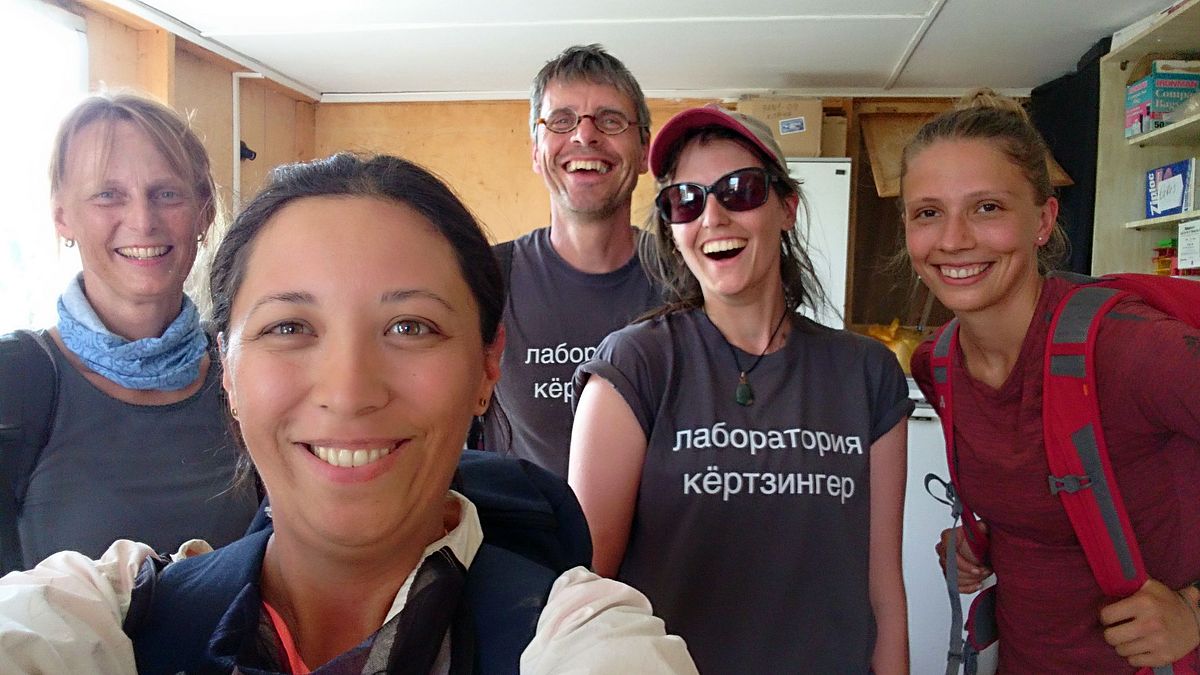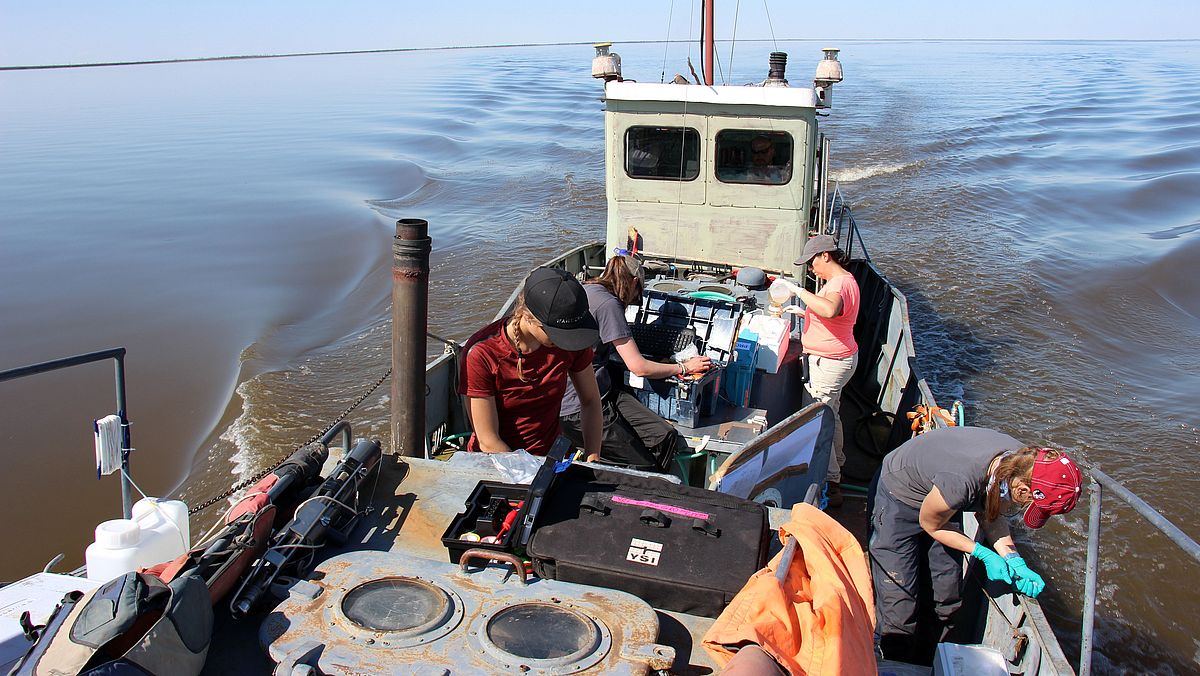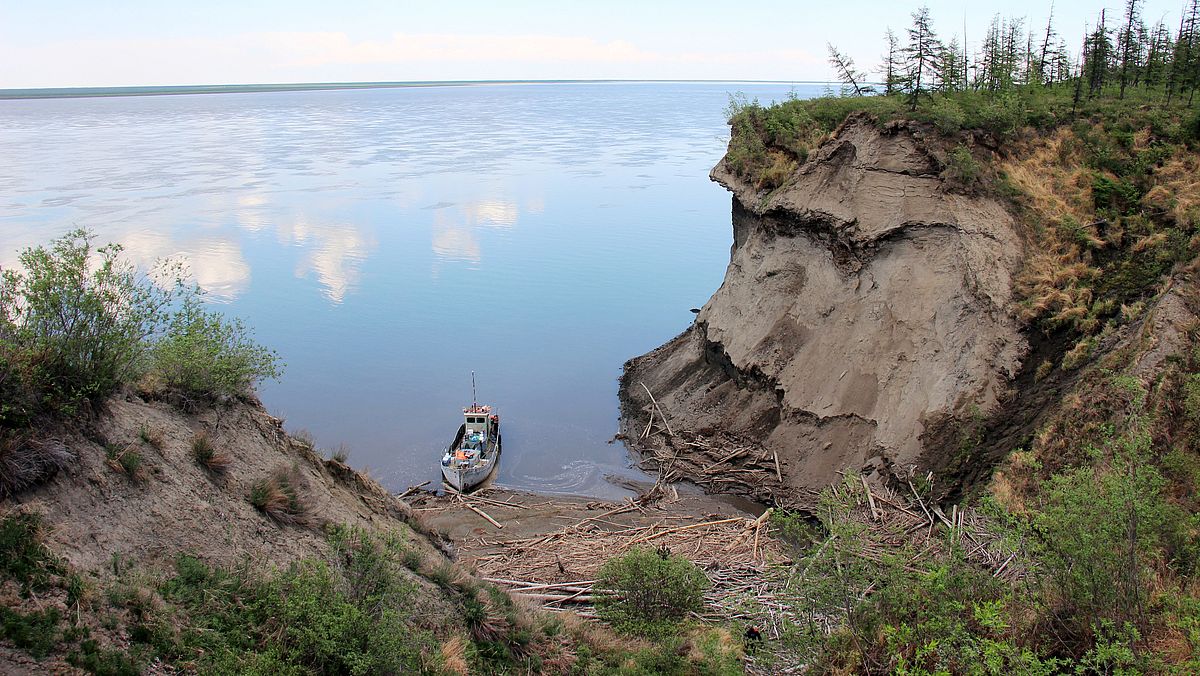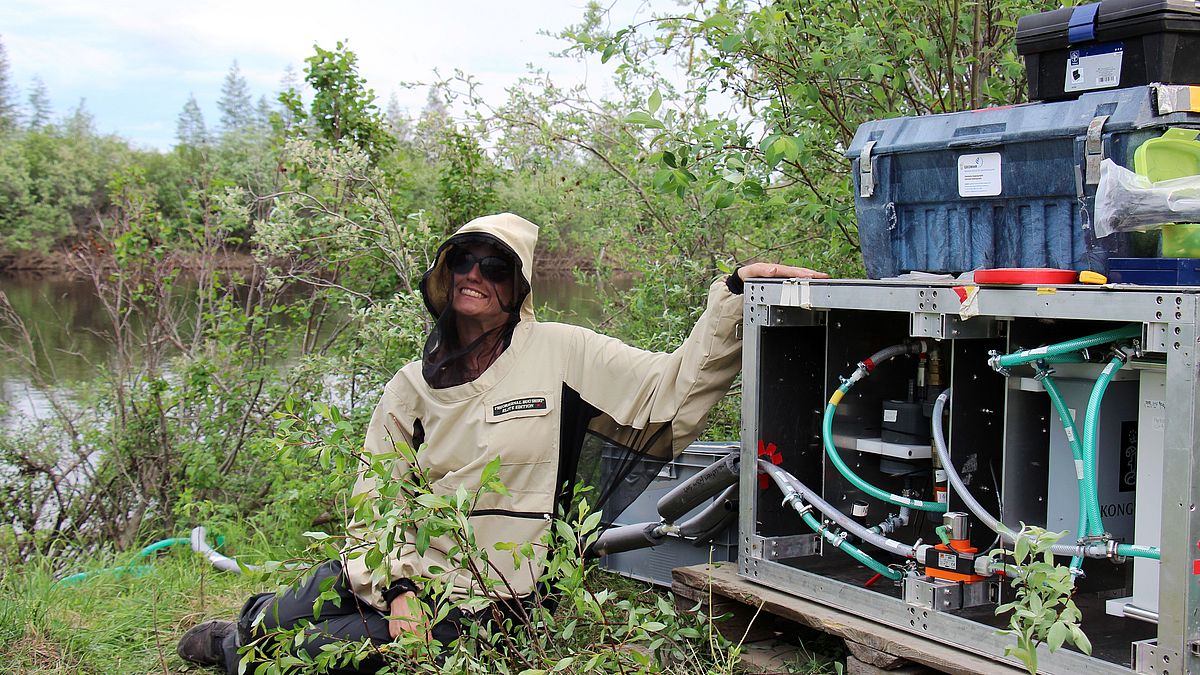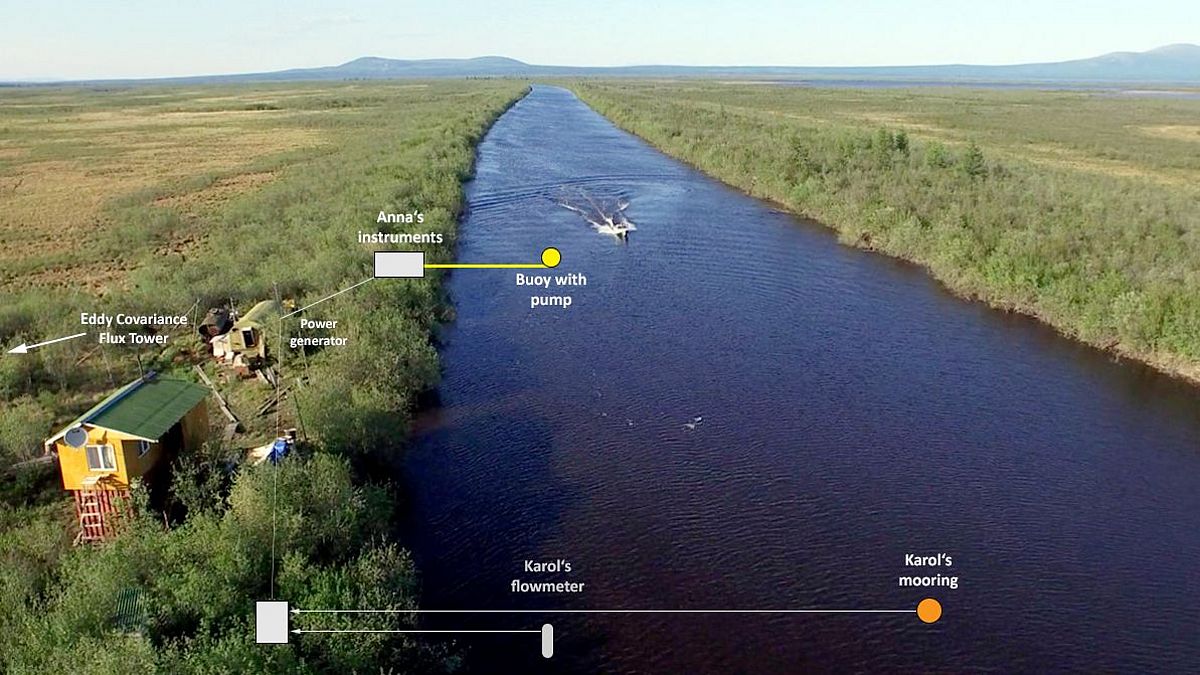- MOSES – Modular Observation Solutions for Earth Systems
- REEBUS – Role of Eddies in the Carbon Pump of Eastern Boundary Upwelling Systems
- C-SCOPE – Towards Marine Carbon Observations 2.0: Socializing, COnnecting, Perfecting and Expanding
- – Euro-Argo Research Infrastructure Sustainability and Enhancement
- COMFORT – Our Common Future Ocean in the Earth System
- WASCAL – West African Science Service Centre on Climate Change and Adapted Land Use
Marine Carbon Cycle
The ocean contains by far more carbon than the atmosphere and terrestrial biosphere. It is therefore a key component of the global carbon cycle. Due to its chemistry, the marine inorganic carbon system has a huge uptake capacity for man-made carbon dioxide which helps to strongly mitigate climate change. We therefore need to understand and monitor the changing marine carbon cycle and how it affects climate, marine environment and life.
Specific research interests are:
- Marine Carbon Cycle – natural processes and anthropogenic perturbation
- Dynamics and Trends of the Marine Oxygen Cycle
- Chemical method/sensor development and evaluation
- New approaches in autonomous ocean observation
Projects
- Meteor Cruise 160: MOSES/REEBUS Eddy Study II, Eastern Tropical North Atlantic, Nov./Dec. 2020
- Field Campaign on Kolyma River, Northeast Siberia, Russia, June 2020
- AtlantOS – Optimising and Enhancing the Integrated Atlantic Ocean Observing Systems
- C-CASCADES – Carbon Cascades from Land to Ocean in the Anthropocene
- SEACRIFOG – Supporting EU-African Cooperation on Research Infrastructures for Food Security and Greenhouse Gas Observations
- ENVRIplus


